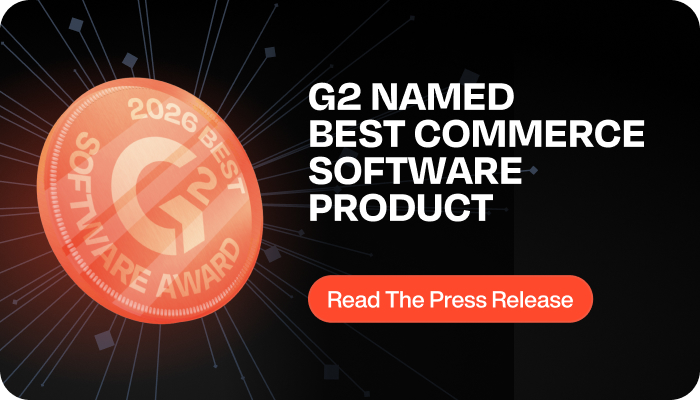Discover Chargeback Reason Codes (2024 Guide for Merchants)

Chargebacks?
No longer your problem.
Recover 4x more chargebacks and prevent up to 90% of incoming ones, powered by AI and a global network of 15,000 merchants.
Discover uses alphabetic order for its chargeback reason codes. Managing Discover chargebacks differs slightly from that of other networks.
Discover uses alphabetic order for its chargeback reason codes. That's unlike the other card networks that use numerical systems.
The Discover chargebacks process equally differs slightly from that of the other brands. The difference? For one, the chargeback will likely go through a Discover financial institution. Discover is a card network and an issuing bank, unlike Mastercard or Visa, which work with third-party financial institutions.
Such a judge and jury position can be disadvantageous to merchants. Credit card chargebacks traditionally offer "zero liability" assurance to cardholders, prioritizing customer satisfaction. Discover may lean towards cardholders in dispute processes.
Merchants must carefully study Discover chargeback reason codes and how to navigate each scenario to recover losses from meritless disputes and retain their processing privileges.
Discover Chargeback Reason Codes Explained
Discover card chargeback reason code is a set of alphabets the card network uses to specify the causes of cardholder disputes. They help standardize the dispute process. When a Discover cardholder disputes a merchant transaction, Discover relies on its predefined chargeback reason codes to decide whether or not to initiate a chargeback, reversing the transaction.
Chargeback reason codes provide more than just insights into transaction declines, cardholder disputes, or payment adjustments. They're also vital for monitoring and analyzing chargeback patterns.
Categorizing disputes with specific codes helps card networks, merchants, and banks gain enhanced visibility into chargeback incidents. Thus, chargeback reason codes are vital for establishing measures that uphold the integrity and reliability of the global payments system.
Discover Chargeback Process Decoded
As intimated earlier, Discover's chargeback process differs from other networks, as they're both a bank and card brand. Even though it partners with select financial institutions to issue cards, Discover primarily issues its cards directly to customers. That means, most payments processed on the Discover Network will be with cards that Discover Bank has issued.
Hence, when a cardholder disputes a transaction, you'll deal directly with Discover, their bank. Again, while Mastercard and Visa encourage sellers to resolve payment disputes directly with customers, Discover does the exact opposite. They forbid merchants from contacting the card member about a Discover chargeback.
When a Discover card member files a chargeback, you should expect one of two things. Discover will either send you a Ticket Retrieval Request (TRR) or issue an outright chargeback. TRR is like an Inquiry for a Visa card chargeback.
The rest of the process, after a Discover card chargeback ruling, follows the traditional chargeback life cycle:
- Merchant appeals the chargeback ruling or accepts it
- Discover decides for Card Member or the merchant
- Case closed
Note: Discover chargeback time limit for merchant response is 30 days. Cardholders have up to 120 days to dispute a transaction.
The subsequent sections provide comprehensive details on the various Discover chargeback reason codes:
Discover Fraud-related Chargebacks
The fraud-related Discover chargeback reason code is subdivided into various categories. These codes generally indicate that the cardholder did not authorize or participate in the transaction due to fraudulent activity. Below are the different types of Discover fraud chargeback reason codes:
- Reason Code UA01: Fraud – Card Present Environment: The cardholder claims someone used their credit card for an unauthorized transaction.
- Reason Code UA02: Fraud – Card-Not-Present Environment: The cardholder alleges someone made a fraudulent transaction in a card-not-present environment.
- Reason Code UA05: Fraud – Counterfeit Chip Transaction: The buyer disputes a transaction processed from an EMV-chip terminal as unauthorized.
- Reason Code UA06: Fraud – Chip-and-Pin Transaction: The cardholder denies involvement in a transaction processed using a hybrid card at a stripe-only terminal or a chip-capable terminal without a PIN pad.
- Reason Code UA10: Request Transaction Receipt (swiped card transactions): The card issuer requests supplementary documentation for a specific card-present transaction the cardholder claims was unauthorized.
- Reason Code UA11: Cardholder claims fraud (swiped transaction, no signature): The customer claims fraudulent activity on a card-present transaction.
Scammers often target retail merchants with weak security to make unauthorized purchases. Despite the EMV chip standard's efforts to prevent such fraud, some merchants may still use less secure methods.
How to Respond: Responding to fraud-related chargebacks requires thorough documentation and evidence. Hence, you have to keep detailed records of transactions, including order information, customer communications, delivery confirmation (if applicable), and any evidence of fraud prevention measures taken (like IP address logs or CVV verification).
How to Prevent: To prevent fraud-related Discover chargebacks, use robust fraud detection tools like Address Verification Service (AVS), CVV verification, 3D Secure for online transactions, and monitoring systems for unusual activity. Help your staff understand fraud mechanisms and how addressing customer concerns can mitigate the risk of fraudulent transactions.
Get full details on Discover card fraud chargeback reason code.
Discover Payment Processing Error Chargebacks
Discover Payment Processing Error chargebacks occur when there is a significant misstep in processing a payment transaction involving a Discover card. These chargebacks typically arise due to mistakes or discrepancies during the payment process that result in financial losses or dissatisfaction for the cardholder. These include:
- Reason Code IN: Invalid Card Number: The credit card number used for the transaction is either not associated with a valid user account or not registered with the cardholder.
- Reason Code LP: Late Presentment: The merchant processed the transaction after the acceptable time limit.
Like other card networks, Discover provides guidelines and procedures for merchants to handle these chargebacks. Ideally, you should promptly submit completed transactions to your payment processor, preferably on the day of the sale, and double-check calculations and the final transaction amount thoroughly before processing.
Also, implement robust payment processing systems, train staff on correct transaction procedures, promptly address customer concerns, and maintain accurate records of transactions.
Get the full details on Discover Payment Processing Error reason code.
Discover Authorization Chargebacks
Discover Authorization-related chargebacks occur when there are problems with transaction approval before the merchant acquirer processes the order.
Imagine you're buying something with your Discover card. Before completing the purchase, the merchant needs permission from Discover to make sure you have enough money or credit.
If there's a mistake and the merchant doesn't get this permission properly, or they try to charge more than what was allowed, you'll likely dispute the charge with Discover. This happens if, for example, the merchant doesn't follow the steps that Discover established for payment approval or if they try to charge your card without checking validity first.
The following are the various aspects of the Authorization-related chargeback reason code you may encounter:
- Reason Code AT: Authorization Non-compliance: The merchant processed the transaction without a valid authorization response or includes an authorization beyond the card's expiration date.
- Reason Code DA: Declined Authorization: The merchant failed to obtain the requisite authorization before processing the transaction.
- Reason Code EX: Expired Card: The cardholder claims the transaction is invalid as the card used for the order had already expired.
- Reason Code NA: No Authorization: The merchant bypasses authorization requests, makes multiple unsuccessful attempts on a declined card, or tries to override a declined authorization.
Adhering to proper authorization procedures and implementing robust monitoring systems is key to preventing Discover Authorization-related chargebacks. Also, verify the customer's card is still valid before processing the transaction.
Get the full details on Discover Authorization-related chargeback reason code.
Discover Service Disputes
Discover Service Dispute reason code category highlights chargebacks where a Discover cardholder claims to have an unresolved issue with a transaction or a service they received. For example, imagine you bought something online with your Discover card, but the item never arrived, not as described, or if there's a billing error. You’ll likely dispute the charge with Discover to get your money back.
That said, Discover has broken its Cardholder Dispute reason code category into the following subsets:
- Reason Code AA: Does Not Recognize: The cardholder alleges they do not recognize the transaction on their card statement.
- Reason Code AP: Canceled Recurring Payment: The cardholder disputes a charge for a recurring transaction, claiming they canceled it previously but you billed them anyway.
- Reason Code AW: Altered Amount: The cardholder claims the authorized transaction amount does not match the actual transaction amount. This includes cash advance transactions.
- Reason Code CD: Credit/Debit Posted Wrongly: The cardholder claims you processed a debit instead of a credit, processed a credit instead of a reversal, or otherwise handled a transaction differently from the authorized instructions.
- Reason Code DP: Duplicate Processing: The customer says you processed one transaction multiple times.
- Reason Code IC: Illegible Sales Data: The merchant provided an illegible sales receipt, possibly due to light ink, ribbed or colored paper, or fading. Additionally, the original order receipt may have been mishandled or scanned at a reduced size.
- Reason Code NF: Non-Receipt of Cash from ATM: The cardholder did not receive the complete cash withdrawal amount from an ATM.
- Reason Code PM: Paid by Other Means: The merchant billed the cardholder for a transaction already completed with a different payment method, resulting in a double billing.
- Reason Code RG: Non-Receipt of Goods or Services: The cardholder claims they did not receive goods or services already paid for.
- Reason Code RM: Quality Discrepancy: The cardholder alleges you provided merchandise or services with significant defects or not as described on your website.
- Reason Code RN2: Credit Not Received: The cardholder returned merchandise or refused service, but you’ve not issued a credit to make them whole.
Get the full details on Discover Service Chargeback reason code.
Unclassified Discover Chargeback Reason Code
The Unclassified Discover Chargeback category identifies any invalid transaction claim that does not fall under any of the classifications highlighted above. For the most part, this happens when the circumstances surrounding the supposedly fraudulent transaction aren't entirely clear, but Discover Network considers the transaction invalid.
Typical culprits for chargebacks in the Unclassified Discover dispute category are merchant missteps, friendly fraud, or actual fraud. Most times, the merchant may have attempted to rectify the issue to no avail.
The requisite preventive measures depend on the specific circumstances you’re dealing with. Get the full details on Discover Unclassified chargebacks reason code.
Summing Up on Discover Chargeback Reason Codes
Chargeback resolution requires accurate mastery of the underlying meaning of the chargeback reason codes, evidence-gathering processes, and representment procedures.
We've compiled this list of Discover card chargeback reason codes as your quick guide for effective dispute prevention and chargeback response. You can get further background details on each reason code from the database here.
A subsequent guide has a complete list of American Express chargeback reason codes.
Contact our sales team for details on recovering chargebacks on autopilot.

Chargebacks?
No longer your problem.
Recover 4x more chargebacks and prevent up to 90% of incoming ones, powered by AI and a global network of 15,000 merchants.
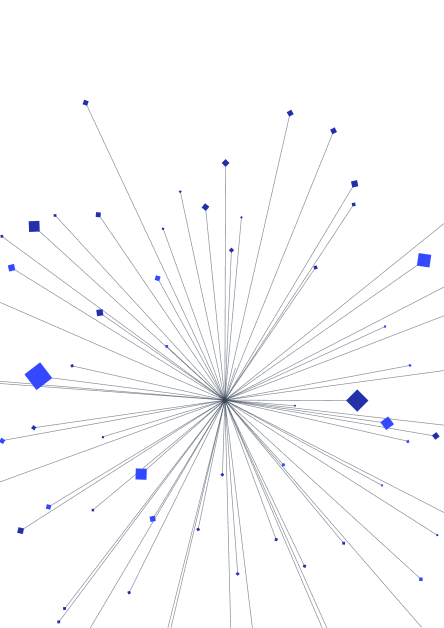
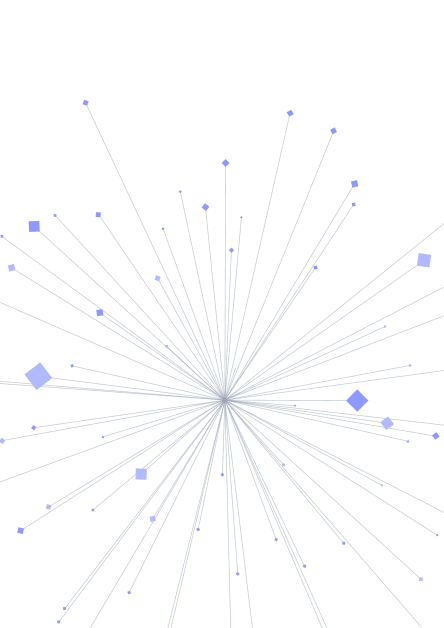
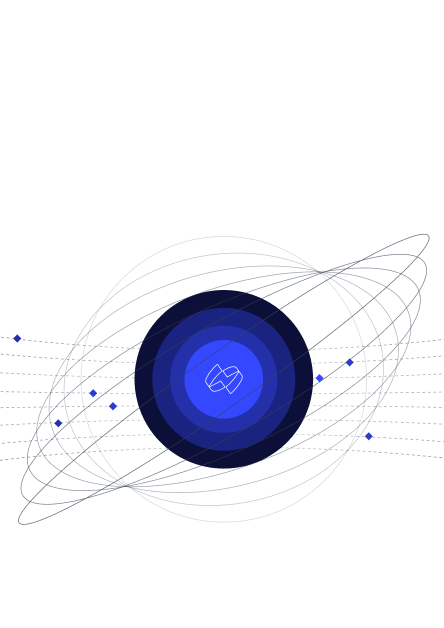
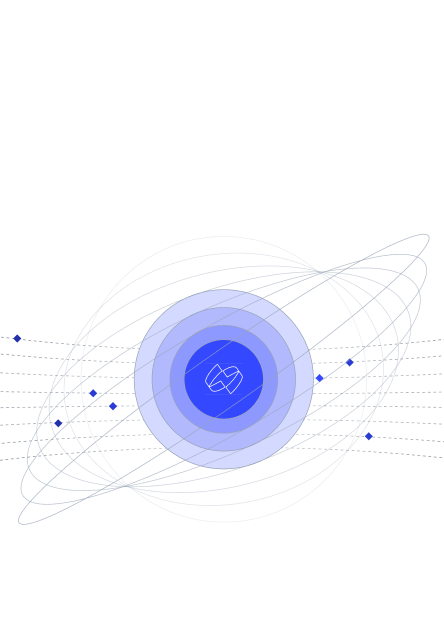
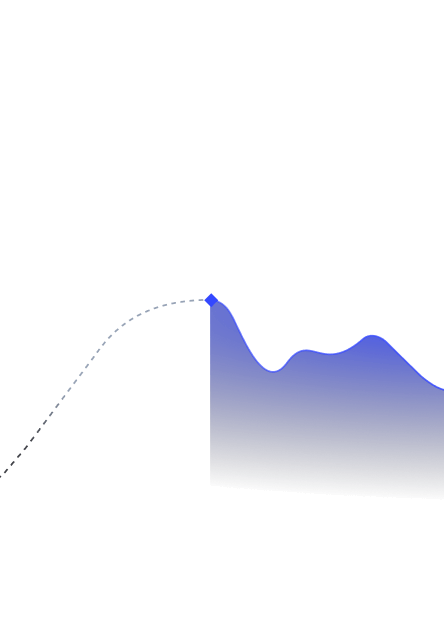
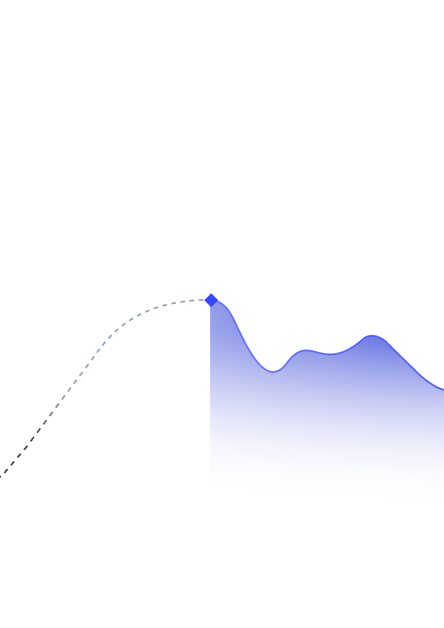
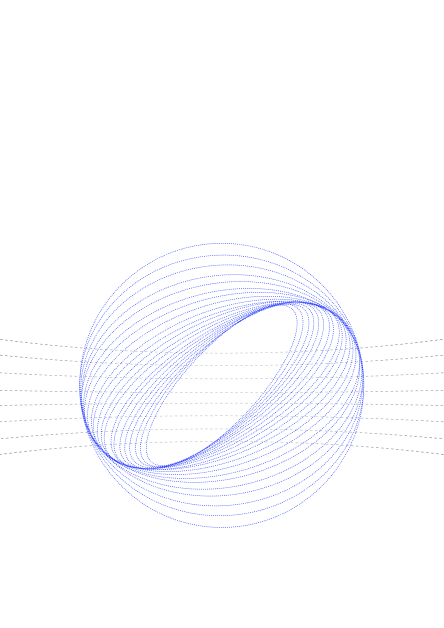
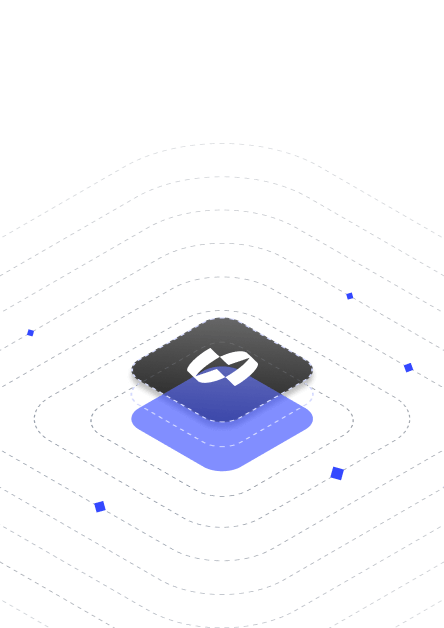
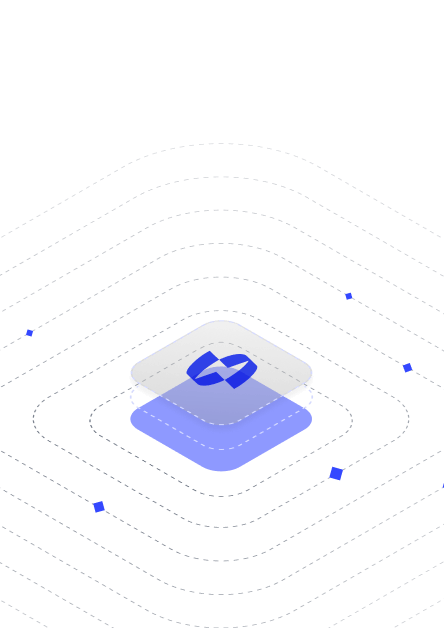










































.png)

